Supported by the Mellon Foundation “Humanities for All Times” initiative.
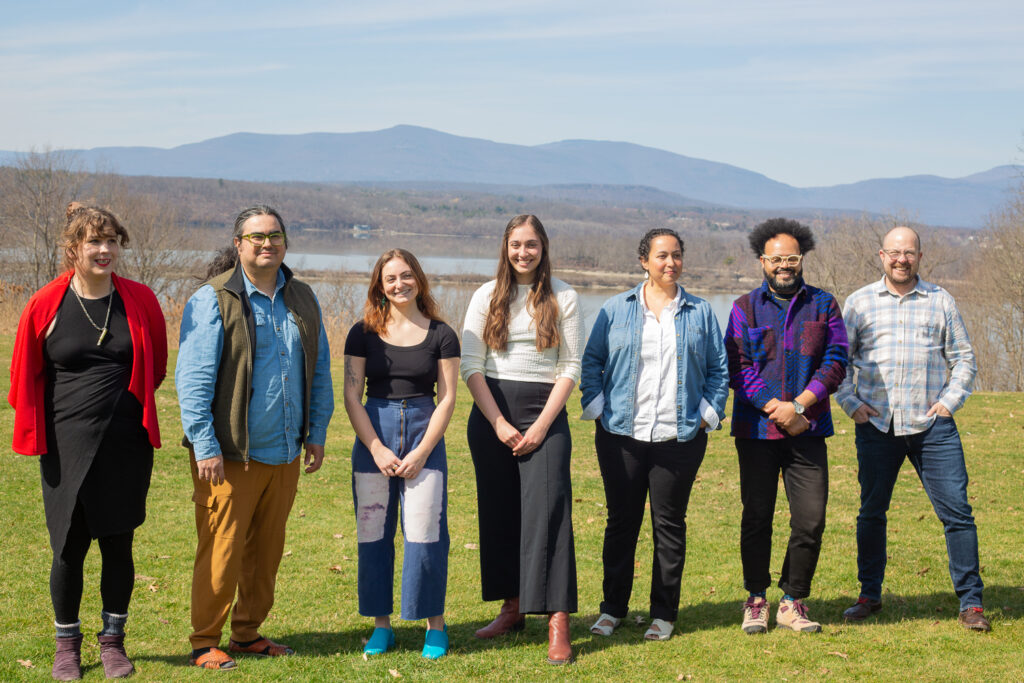
Image by Kalen Goodluck ’16 (Diné, Mandan, Hidatsa, Tsimshian)
Mellon Postdoctoral Fellows
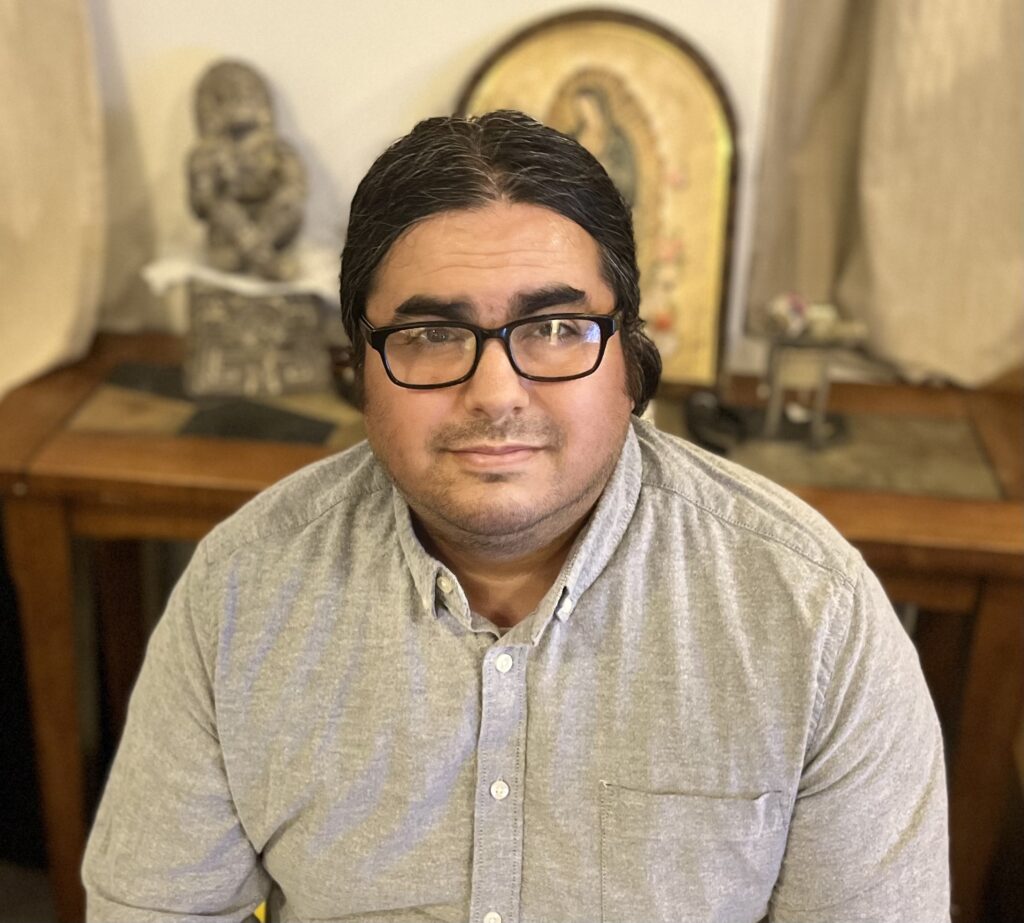
Dr. Luis Chávez-González is an interdisciplinary musician and scholar whose research bridges music and sound with narrative performance by focusing on the expression of danza, fiesta, and Indigenous self-determination in the Americas. Other research interests include Indigenous research methodologies and ways of knowing, Nahua history and culture, and Native language revitalization (Nahuatl). Professor Chávez-González’s articles have appeared in Ethnomusicology Review and Action, Criticism, and Theory for Music Education.
Dr. Luis Chávez-González es un músico y académico interdisciplinario cuya investigación une la música y el sonido con la interpretación narrativa al centrarse en la expresión de la danza, la fiesta y la autodeterminación Indígena en las Américas. Otros intereses de investigación incluyen metodologías de investigación y formas de conocimiento Indígenas, historia y cultura Nahua y revitalización de la lengua Indígena (Náhuatl). Los artículos del profesor Chávez-González han aparecido en Ethnomusicology Review y Action, Criticism, and Theory for Music Education.
Margaux L. Kristjansson is a political anthropologist, writer, and political organizer whose work centers on the intimate and affective economies of conquest, carcerality and racial capitalism in the Americas. She is currently a Mellon Postdoctoral Fellow in Native American and Indigenous Studies in the Rethinking Place: Bard-on-Mahicantuck Initiative at Bard College. Her book project, Waging Care: Indigenous Economies of Care against the Carceral Child Protection System, argues that Canada securitizes its colonial occupation Indigenous lands through the confinement of Indigenous children in the child protection system. It is based on organizing-centered research with colleagues in the Algonquins of Barriere Lake First Nation and the Sixties Scoop Network.
Mellon Post-Baccalaureate Fellows
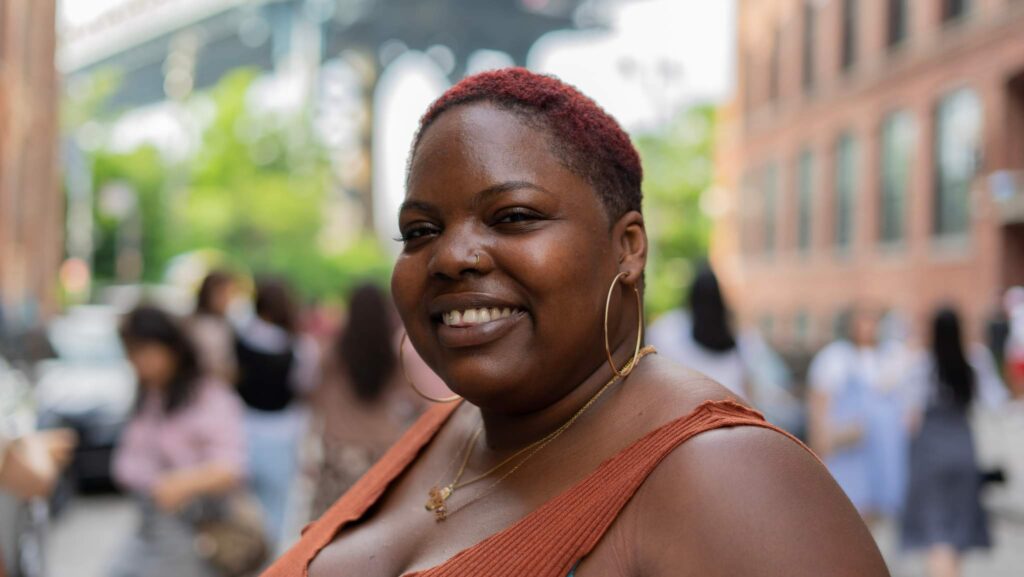
Talaya Robinson-Dancy (They/She) is Post-Baccalaureate Fellow with Rethinking Place: Bard-on-Mahicantuk. Their research focuses on how The Civil Rights Movement influenced civic engagement on college campuses and inspired other marginalized groups to begin their own movements. She also hopes to continue to document and archive the work of student activists on Bards Annandale campus. To find out more about this research you can view her thesis here.
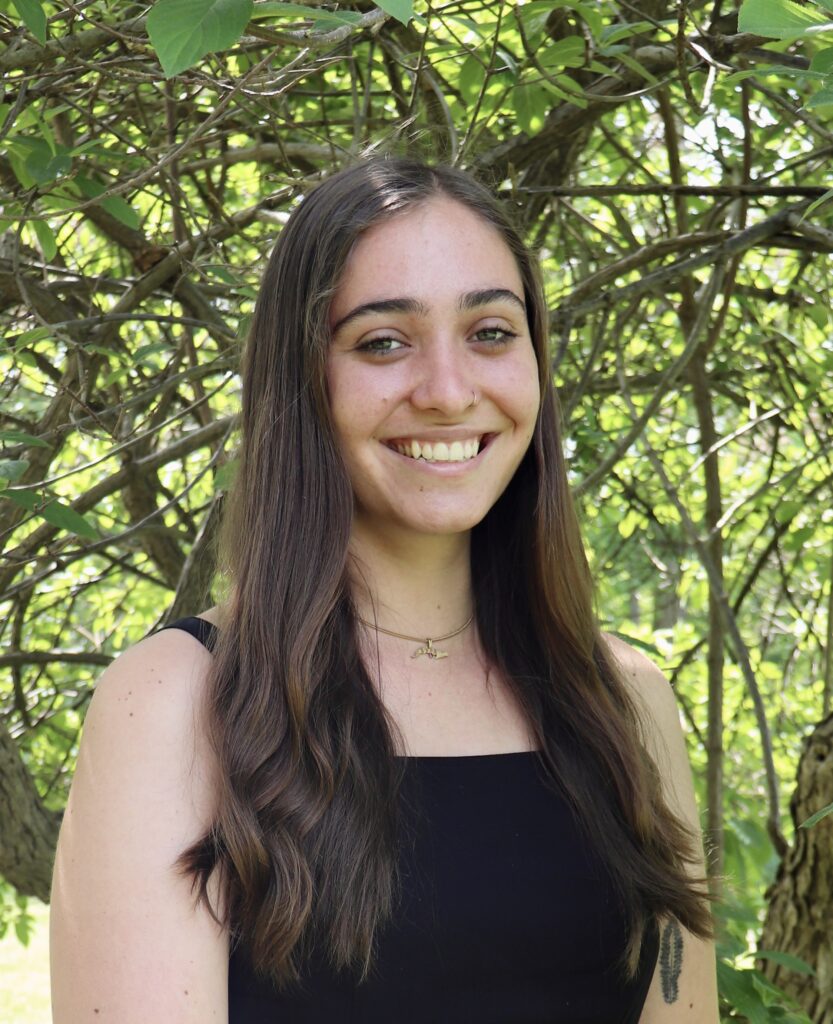
Olivia Tencer is a Post-Baccalaureate Fellow with Rethinking Place: Bard-on-Mahicantuk. She graduated from Bard College in the Spring of 2022 with a Bachelors in Human Rights focused on Psychology and Native American and Indigenous Studies. Her Senior thesis titled, Healing Intergenerational Wounds: Land and Memory as the Site of Indian Boarding School Violences in the United States, looks at the history and ongoing violences of the 19th and 20th century Federal Indian boarding school system of the United States. Tencer’s work for the next year will continue to focus on the Federal Indian boarding school system and how the Lake Mohonk Friends of the Indian Conference in New Paltz, NY (1883- 1916) played a significant role in pushing the federal government to fund and support the forced removal of Native children in the United States. Tencer is also interested in Indigenous research methodologies, NAIS theory, and contemporary Indigenous child removal through state child welfare practices.
Steering Committee
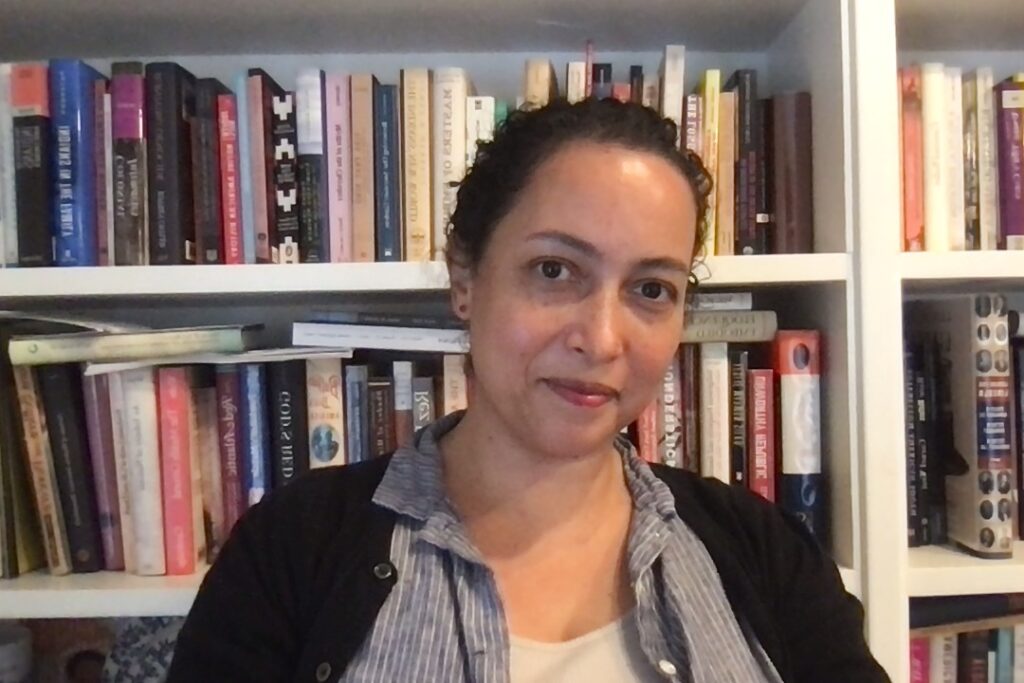
Christian Ayne Crouch is Principal Investigator, Rethinking Place: Bard-on-Mahicantuck, Dean of Graduate Studies, and associate professor of Historical Studies and American and Indigenous Studies at Bard College. She is the author of the award-winning Nobility Lost: French and Canadian Martial Cultures, Indians, and the End of New France and has published essays and chapters on a wide range of topics in early modern Atlantic World history and Native American and Indigenous Studies. Her current book project, Queen Victoria’s Captives: A Story of Ambition, Empire, and a Stolen Ethiopian Prince looks at the human and material culture consequences of the 1868 British Maqdala Expedition in Ethiopia/Eritrea; this work has received research support from Harvard University’s Hutchins Center for African and African-American Research, the Yale Center for British Art, and the American Philosophical Society. Since 2018, she has also researched, taught, and written about the intersection of history and contemporary Indigenous art, including working as curatorial advisor for the Brooklyn Museum’s 2020 show, Jeffrey Gibson: When Fire is Applied to a Stone it Cracks.
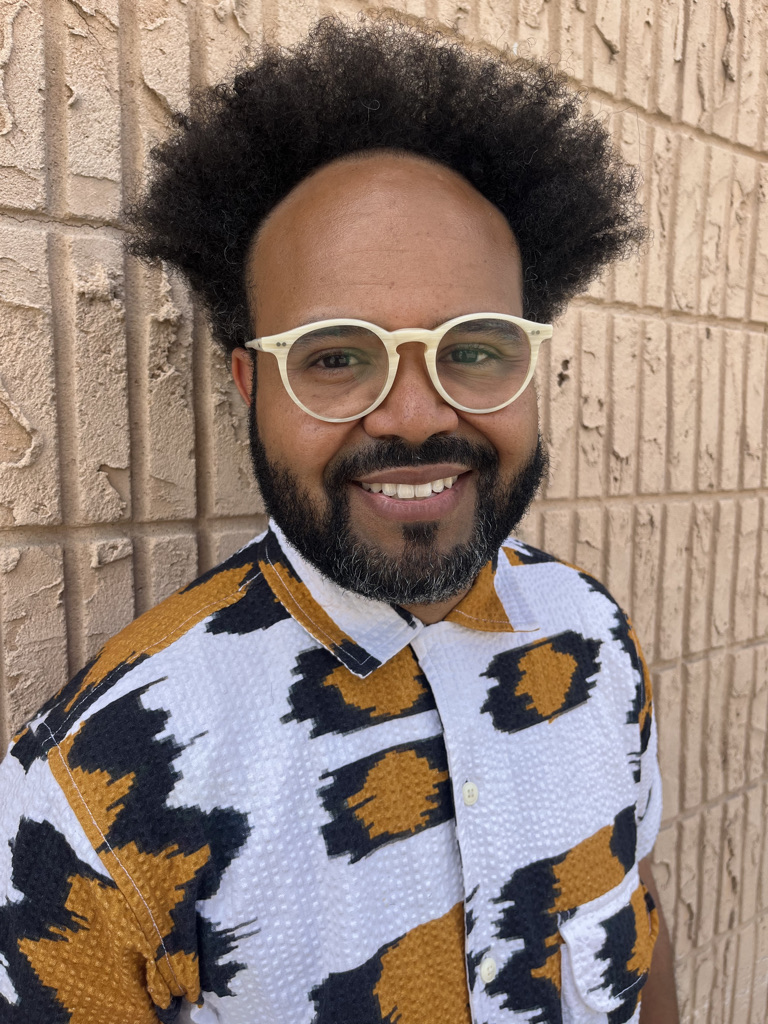
Peter L’Official (he/him) is a writer, arts critic, and teacher of literature and American studies from The Bronx, NY. He is an Associate Professor in Literature and Director of the American and Indigenous Studies Program at Bard College in Annandale-on-Hudson, NY, where he teaches courses in African American literature and culture, twentieth- and twenty-first century American literature, and on how the visual arts intersect with literature, place, and architecture. He is the project coordinator for “Rethinking Place: Bard-on-Mahicantuck,” which is supported by the Mellon Foundation “Humanities for All Times” initiative.
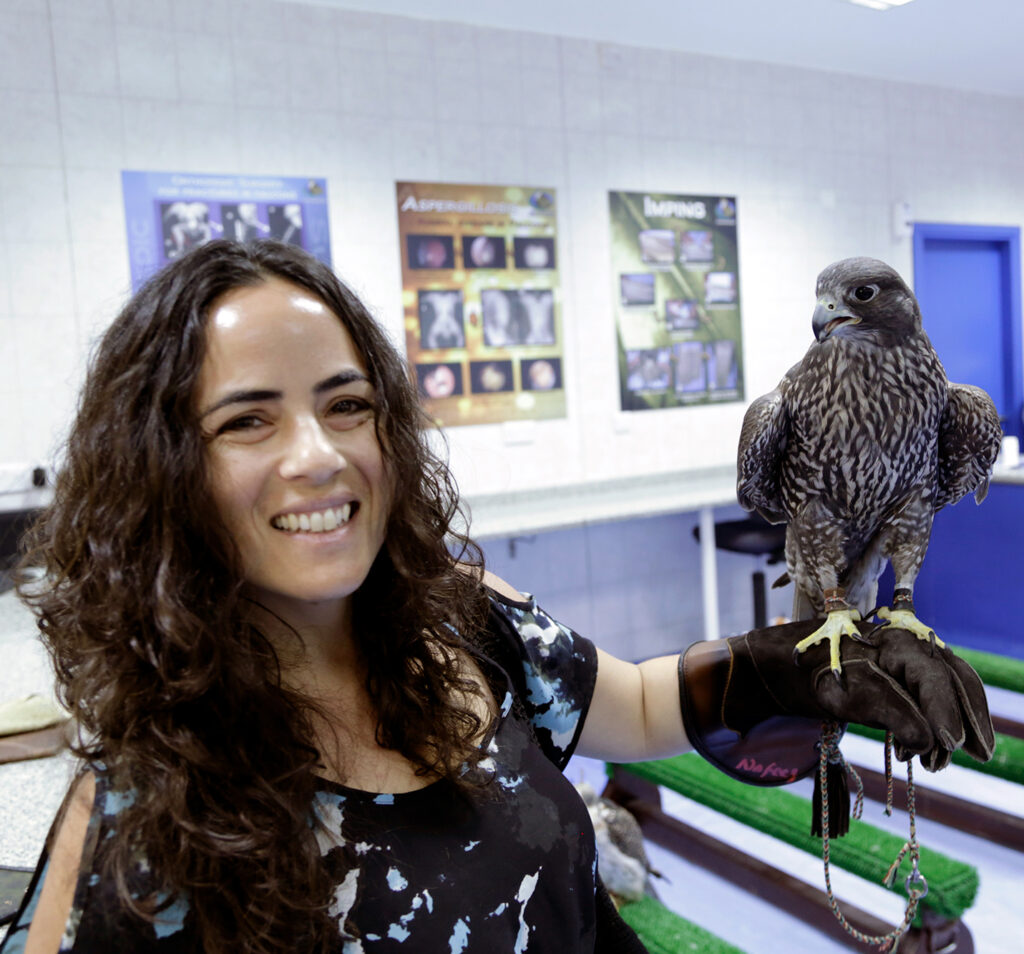
Krista Caballero is an interdisciplinary artist exploring issues of agency, survival, and environmental change. In 2010 she created Mapping Meaning, an ongoing project that brings together artists, scientists, and scholars through experimental workshops, exhibitions, and transdisciplinary research. Caballero was awarded a 2017 Smithsonian Artist Research Fellowship and is currently a Smithsonian Research Associate working with the National Museum of Natural History studying the cultural implications of bird species decline. She has been awarded residencies at places such as Skowhegan School of Painting and Sculpture and Pyramid Atlantic Art Center as well as exhibited nationally and internationally in exhibitions, festivals and venues outside the usual art context. Caballero is Co-Director and Artist in Residence of the Center for Experimental Humanities at Bard College in N.Y. http://kristacaballero.com/
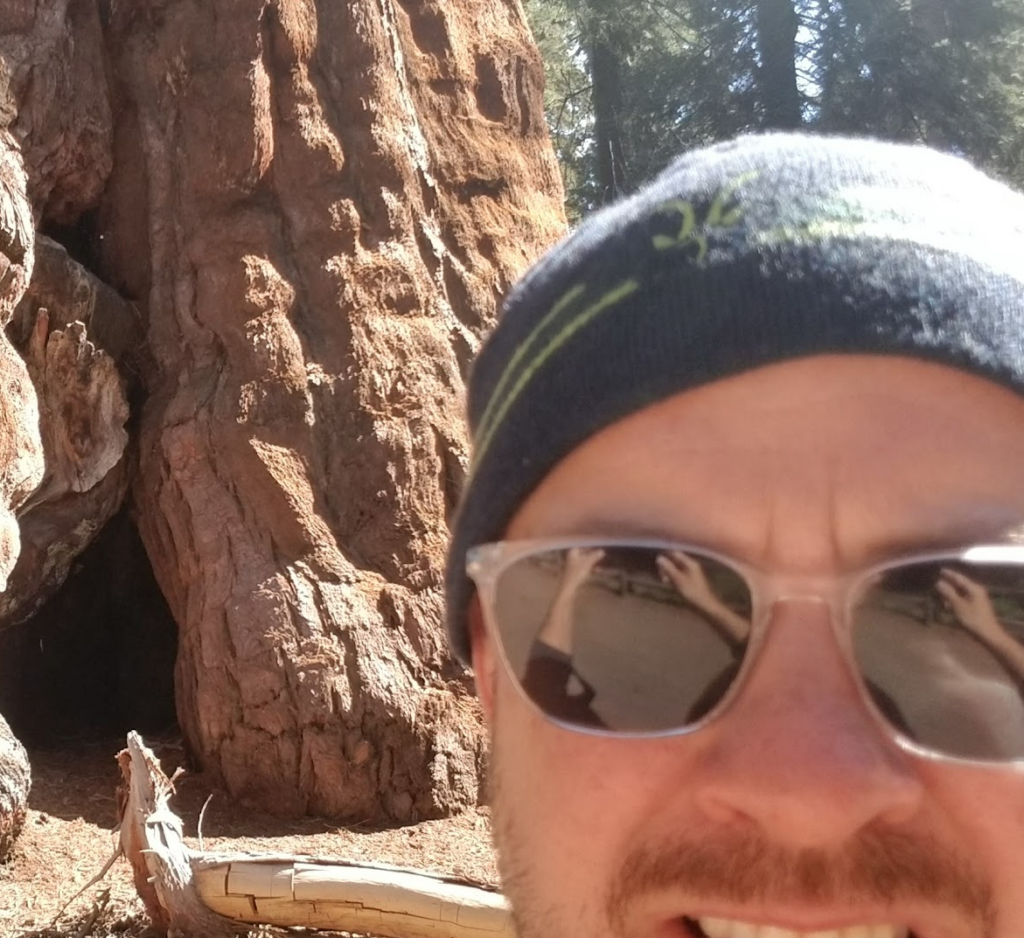
Eli Dueker is a transgender environmental microbiologist and co-director of Bard’s Center for Environmental Sciences and Humanities (CESH). His research and teaching focuses on using science as a tool for social change, particularly as it relates to community-based stewardship of human health through protecting access to clean water and clean air. He works closely with community leaders to provide meaningful water quality and air quality science through the Bard Community Sciences Lab (CSL), and continues to build partnerships, along with CSL researchers, students, and staff, with community groups such as Hudson Valley Air Quality Coalition, Saw Kill Watershed Community, Kingston Emergency Food Collaborative, Kingston Air Quality Initiative, and the Hudson Valley Library Air Quality Network.
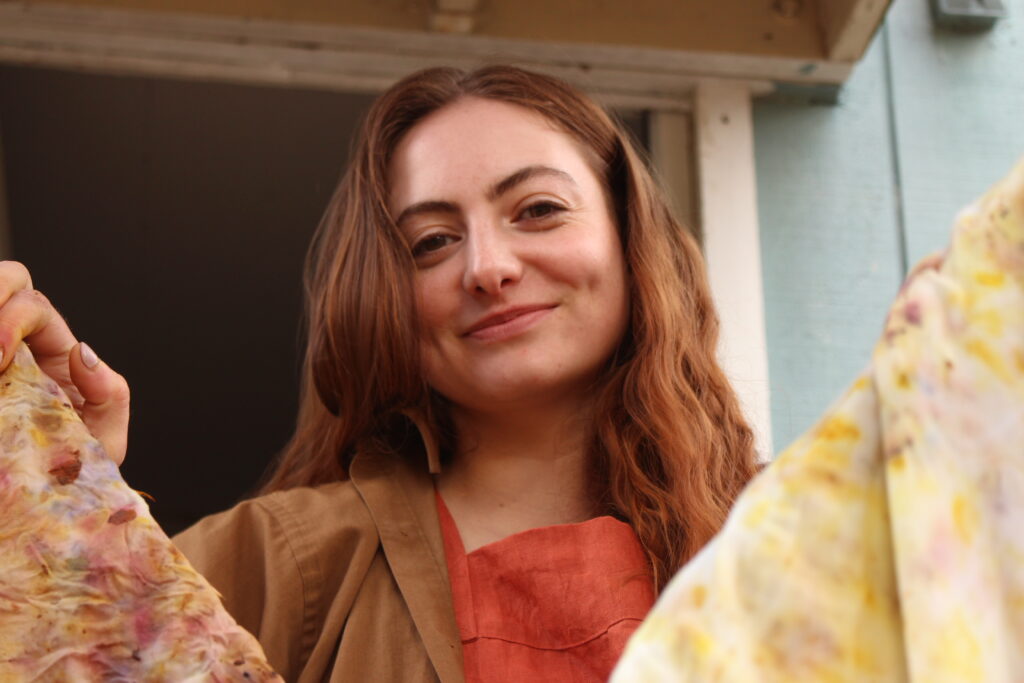
Melina Ann Roise (she/they) is the Administrative Coordinator for Rethinking Place: Bard-on-Mahicantuck. After graduating from Bard College in 2021 with a degree in Human Rights, Melina has participated in place- and community- building work through farming, environmental education, and studying herbalism while continuing her research and writing surrounding re-imagining relationships with land, food, and seed. She also works as the Curatorial Assistant for COMMON GROUND: an international festival on the politics of land and food, with the Center for Indigenous Studies at Bard College, and with the Palestine Heirloom Seed Library.